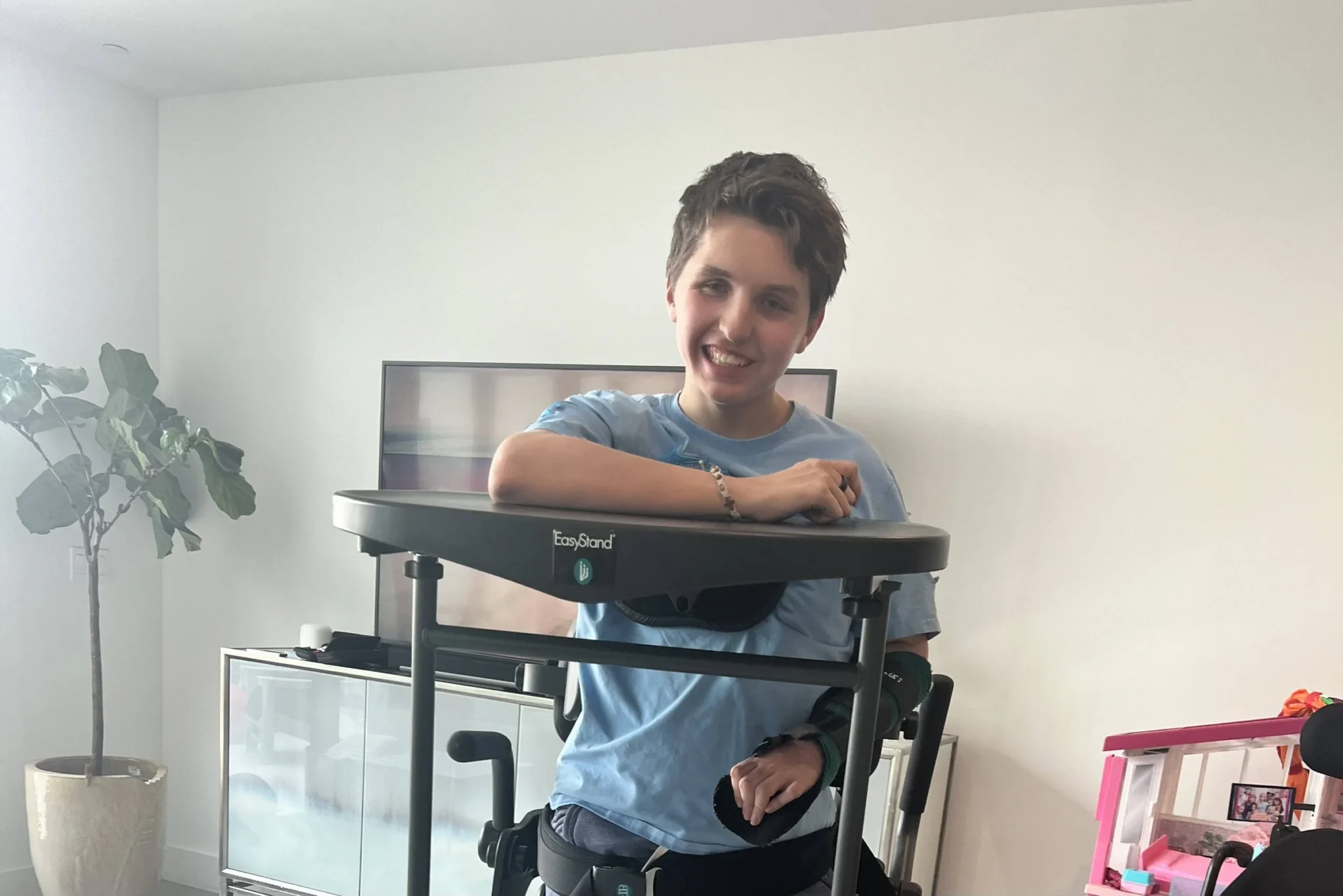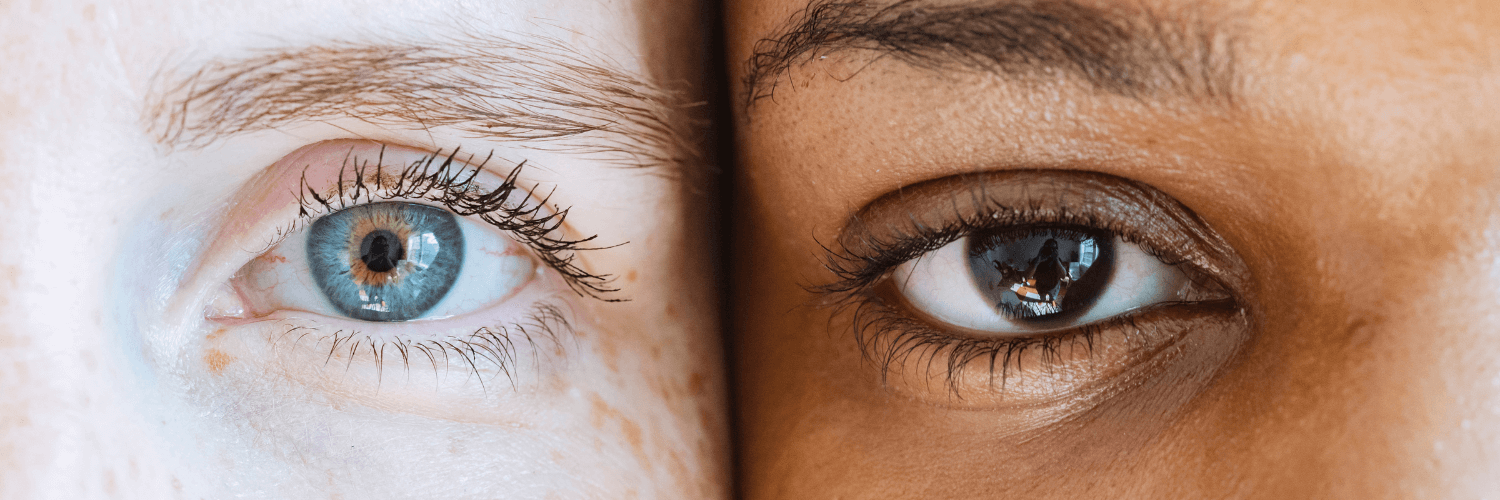Create a Restful Environment
Your bedroom should be a calming, sleep-focused space. Try the following:
- Remove distractions like rehab equipment or anything that makes noise (unless needed for medical reasons)
- Close curtains or blinds to block out light
- Make your bed comfortable with extra pillows for support if needed
- Set the temperature to a level that feels cool but cozy
The goal is to create a room that feels like a place of peace—not one that reminds you of daily challenges.
Limit Screen Time Before Bed
Phones, tablets, and TVs can disrupt your body’s natural sleep cycle—especially because of the blue light they emit.
Try this instead:
- Keep your phone in another room at night
- Watch TV in the living room, not in bed
- Switch to calming, screen-free activities before bedtime like reading, listening to soft music, or journaling
When your brain associates your bedroom with rest—not stimulation—it becomes easier to fall asleep.
Be Mindful of Caffeine
Caffeine can stay in your system longer than you think. Even an afternoon cup of coffee or tea might make it harder to wind down at night.
Try:
- Avoiding caffeine after 3:00–5:00 PM
- Swapping late-day coffee or soda for water or herbal tea
- Noticing how caffeine affects your body, and adjusting accordingly
Stay Active During the Day
Physical and mental activity during the day helps your body feel more naturally tired at night. You don’t have to overdo it—just keep yourself gently engaged.
Ideas include:
- A daily walk
- Light stretching or rehab exercises
- Puzzles or brain games
- Starting a new hobby
- Listening to an audiobook while doing a small household task
Tired bodies and minds tend to rest better—especially when you’ve spent the day moving with intention.
Build a Calming Bedtime Routine
A predictable nighttime routine helps signal to your brain that it's time to rest. You can keep it simple and make it your own.
Try:
- Brushing your teeth and washing your face
- Doing a few minutes of deep breathing or gentle meditation in the dark
- Reading a few pages of a book or listening to calming music
- Stretching or light journaling
- Turning off overhead lights and switching to a bedside lamp
Whatever helps you relax—do it consistently, and your body will begin to associate it with sleep.
Final Thoughts
Quality sleep is essential for stroke recovery. It gives your brain time to repair, helps you stay alert during the day, and boosts your ability to heal.
If you’re struggling with sleep despite trying these tips, talk to your doctor or stroke care team. Sleep challenges are common, and support is available.
Remember: rest is not a sign of weakness—it’s a vital part of your recovery.


%20(2)%20(1).png)

%20(1).png)

